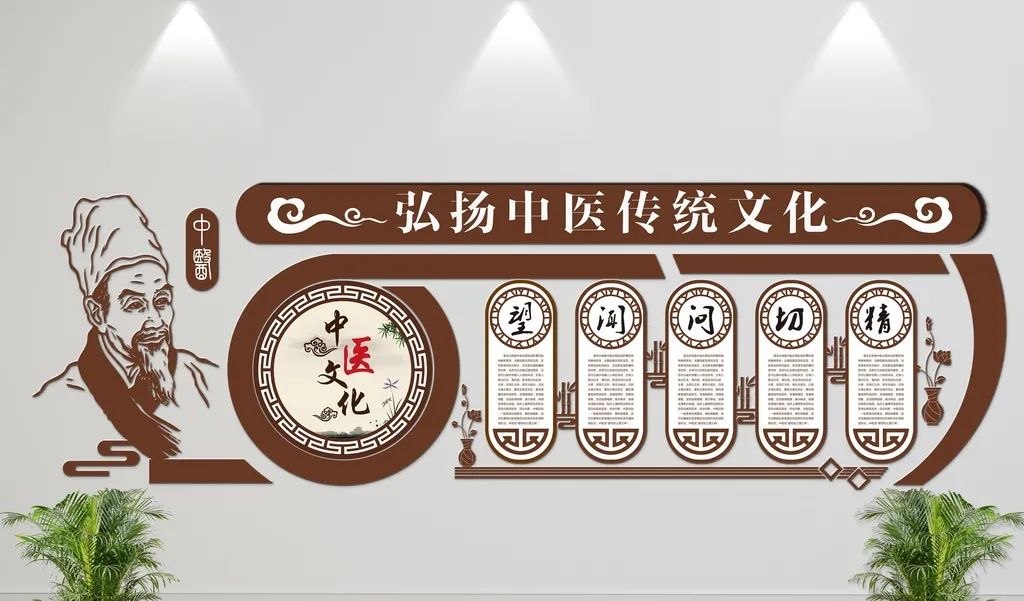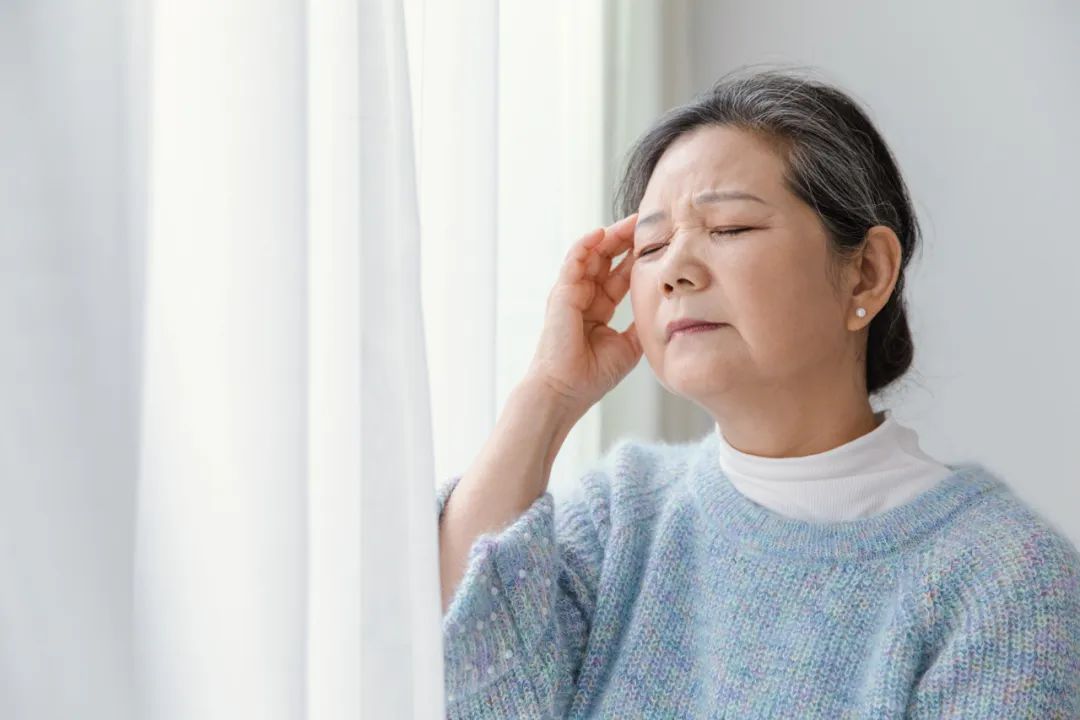
Meridians, Acupuncture Points, and Resources – Click here to receive for free 》》》

When one is deficient, even drinking black-boned chicken soup can lead to nosebleeds and heat. But what if you have cold hands and feet all year round?



 There is a type of deficiency known as “deficiency that does not accept supplementation”
There is a type of deficiency known as “deficiency that does not accept supplementation”


In Traditional Chinese Medicine (TCM), the principle of “supplementing deficiency” is commonly used for diagnosis and treatment. Therefore, both doctors and family members often prefer to use tonifying herbs to replenish Qi and blood, regulate Yin and Yang, and generate body fluids, supporting the righteous and expelling evil.
However, modern individuals often experience the phenomenon of “deficiency that does not accept supplementation,” where supplementation leads to symptoms such as heat, irritability, nosebleeds, dry mouth, constipation, decreased appetite, bloating, and diarrhea.
These symptoms are the result of blind supplementation and the misuse of tonifying herbs, which can lead to adverse effects.
“Deficiency that does not accept supplementation” often occurs when there is a combination of deficiency with phlegm-dampness, blood stasis, or external pathogens. However, we only see the deficiency aspect and use tonifying herbs without addressing phlegm-dampness or blood stasis, which can worsen the condition.

 Why does “deficiency that does not accept supplementation” occur?
Why does “deficiency that does not accept supplementation” occur?


“Deficiency that does not accept supplementation” broadly refers to individuals with deficiency who experience poor efficacy and related adverse reactions after taking tonifying herbs. Narrowly, it refers to the inability of the body to transform and absorb tonifying herbs due to factors such as spleen and stomach weakness or individual constitution differences.
There are three main factors contributing to “deficiency that does not accept supplementation”: inadequate differentiation of syndromes, improper herb selection, and individual differences.
Five types of individuals are prone to “deficiency that does not accept supplementation”: those with Yin deficiency, those who are physically weak, those with liver Qi stagnation, those with phlegm-dampness obstruction, and those with blood stasis obstruction.
1Individuals with Yin deficiency are prone to “deficiency that does not accept supplementation”
Supplementation requires differentiation of constitution; different constitution types have different tonifying methods. Individuals with a tendency towards Yin deficiency are most susceptible to “deficiency that does not accept supplementation”. This is because those with Yin deficiency have a relative excess of Yang Qi, which is associated with heat, making them prone to heat symptoms. Even a small amount of tonifying herbs can lead to excessive heat.
In fact, what people commonly refer to as “supplementation” usually means warming tonification, and the herbs used are often warming in nature. Since individuals with Yin deficiency already have a relative excess of Yang, warming tonification is not suitable. “Supplementation” includes nourishing Yin, nourishing Yang, tonifying Qi, and tonifying blood, and different situations require different methods of supplementation, including cooling and warming tonification. Even when nourishing Yin or Yang, there are issues of seeking Yang within Yin and seeking Yin within Yang.
Therefore, individuals with Yin deficiency cannot blindly use warming tonification. There is a saying: “If you do not differentiate Yin and Yang, you will make mistakes as soon as you start.”

